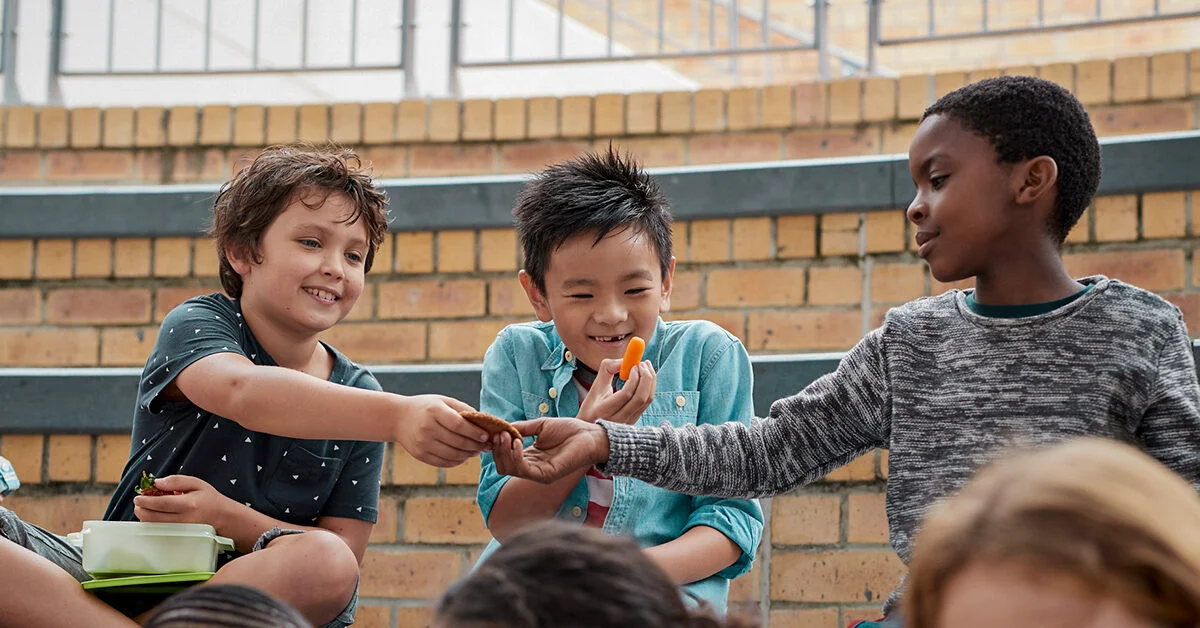Social-emotional learning (SEL) is an increasingly important concept in modern education. As teachers work to provide students with the skills and attributes they need to succeed in life, SEL has emerged as a framework that can help students develop self-awareness, self-control, relationship-building skills, and decision-making abilities. This article explores what SEL is, why it’s important, how it can be taught, and the tools teachers can use to make their lessons more engaging.
Social-emotional learning is essential because it helps students acquire the skills necessary to navigate through school, working life, and beyond. It provides the foundation for educational success, and as schools embrace people from different backgrounds who face diverse challenges, students need to understand this and develop empathy and compassion. SEL helps students build positive relationships, solve problems, make intelligent decisions, and achieve the necessary level of self-awareness.
The Collaborative for Academic, Social, and Emotional Learning (CASEL) has created the ‘CASEL 5’ framework that outlines five core skills or areas associated with social-emotional learning. These include self-awareness, self-management, social awareness, relationship skills, and responsible decision-making.
Self-awareness is the ability to understand one’s own emotions, thoughts, and values and how they influence behavior across contexts. Students need to recognize and identify their emotions, develop a perception of “self” that matches reality, believe in their capacity to achieve goals, and determine their areas of strength and weakness. Developing self-awareness requires students to reflect on and examine their prejudices and biases and create a mindset that facilitates continuous personal growth.
Self-management is the ability to manage one’s emotions, thoughts, and behaviors effectively in different situations to achieve personal aspirations. It involves students navigating their thoughts, behaviors, and emotions so that they develop an ability to make decisions that benefit not only themselves but also those around them. Students need to set goals, maintain attention, manage and control emotions, demonstrate resilience, and utilize feedback to make personal progress.
Social awareness is about becoming more aware of other people and feeling compassion for them. It involves demonstrating empathy and understanding, understanding the perspectives of others, and appreciating diversity in terms of different backgrounds and cultures. Teachers can make students more familiar with social awareness by explaining the idea of The Golden Rule, which can be summarized as “treat others the way you want to be treated.”
Relationship skills are the ability to build and maintain positive relationships with other people and learn how to communicate with others effectively while resisting negative social pressures along the way. It involves learning to work well with others and achieving shared goals or objectives. Students also need to develop conflict resolution and collaborative problem-solving skills, which can assist them when working as part of a team or collaborating with a partner.
Responsible decision-making is about making ethical, constructive choices about personal behavior and social interactions based on an understanding of the potential consequences of those choices. Students need to learn to make decisions that consider the well-being of themselves and others and that promote social responsibility.
Teachers can use various tools to make their lessons more engaging and teach SEL more effectively. One such tool is the myViewBoard visual learning platform, which can help teachers create interactive, engaging lessons that help students learn SEL skills effectively. By incorporating SEL into their teaching practices, teachers can help their students become well-rounded individuals with the skills and attributes necessary to succeed in life.

